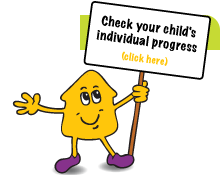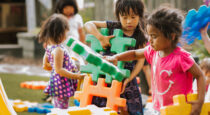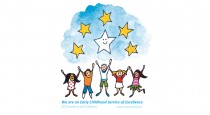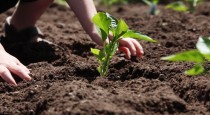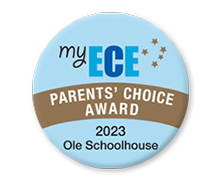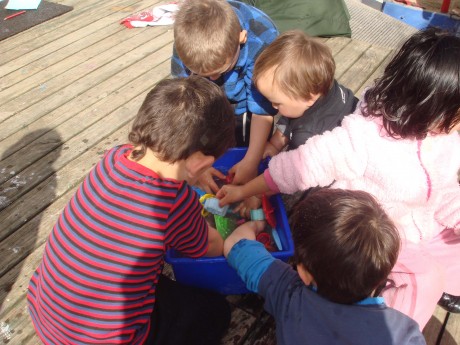Inclusion in Early Childhood. What is our position?
Inclusion in Early Childhood. What is our position?
The term “inclusion” can be used in a broader context relative to opportunities and access for children from culturally and linguistically diverse groups.
What do we mean by Inclusion?
Today an ever-increasing number of infants and young children with and without disabilities play, develop, and learn together in a variety of places – homes, early childhood programs, neighborhoods, and other community-based settings. The idea that young children with disabilities and their families are full members of the community reflects societal values about promoting opportunities for development and learning, and a sense of belonging for every child. It also reflects a reaction against previous educational practices of separating and isolating children with disabilities.
What do we aim for in our approach?
At the Ole Schoolhouse, we want our approach to inclusion to embody the values, policies, and practices that support the right of every infant and young child and his or her family, regardless of ability, to participate in a broad range of activities and contexts as full members of families, communities, and society. The desired results of inclusive experiences for children with and without disabilities and their families include a sense of belonging and membership, positive social relationships and friendships, and development and learning to reach their full potential. The defining features of inclusion that can be used to identify high quality early childhood programs and services are access, participation, and supports.
Why are we telling you this?
We hope that this definition of early childhood inclusion will help us create high expectations for every child, regardless of ability, to reach his or her full potential. Shared expectations can, in turn, lead to the selection of appropriate goals and support the efforts of families, practitioners, individuals, and organizations to advocate for high quality inclusion. We think it is important that you know how we feel about important issues that may affect us all.
